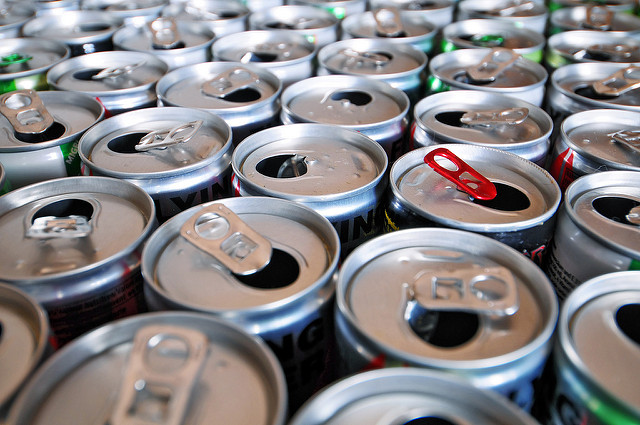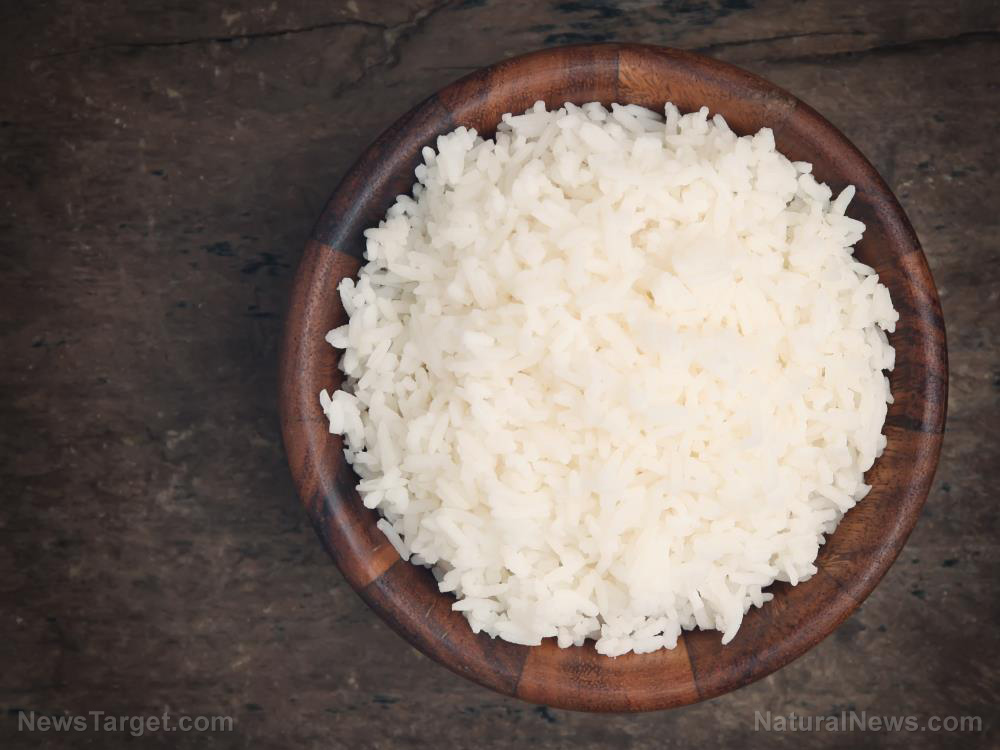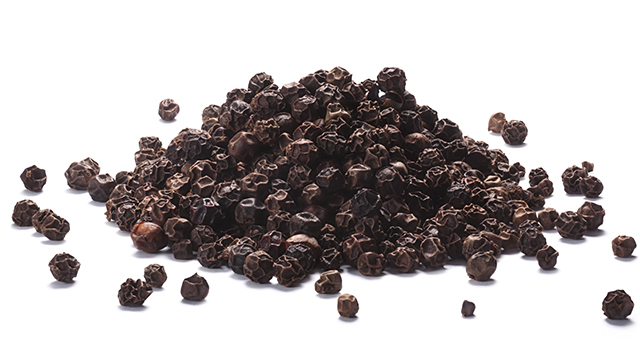You should cut back on energy drinks – they can give you heart problems
04/03/2020 / By Divina Ramirez

New evidence has emerged of the negative impact of energy drinks to human health. According to a review published in the journal Frontiers in Public Health, energy drink consumption is linked to numerous negative health consequences, such as adverse cardiovascular effects and metabolic disorders.
The basics of energy drinks
Energy drinks are non-alcoholic beverages marketed to temporarily boost stamina, energy, concentration and physical performance. Despite the variety of energy drinks available in the U.S., many energy drinks contain similar key ingredients, including water, sugar, caffeine and non-nutritive stimulants like guarana, ginseng and taurine.
Energy drinks are popular among adolescents and young adults due to their alleged health benefits. Some energy drinks can contain up to 100 milligrams (mg) of caffeine per fluid ounce, but a caffeine intake of up to 400 mg a day is generally considered safe for adults. However, many energy drinks also contain large amounts of high-fructose corn syrup (HFCS) or artificial sweeteners, which are linked to poor overall health and an increased risk of Type 2 diabetes.
According to the review, several studies support the temporary health benefits of energy drink consumption, including enhanced physical activity performance and improved muscle strength and endurance. However, the majority of the available literature on energy drinks agree that the consumption of the said beverages is linked to negative health effects.
Many nutritionists warn against the consumption of energy drinks because the combined effects of caffeine and sugar can potentially be fatal. According to the review, data from Australian poison centers showed that the consumption of energy drinks among children and adolescents caused seizures, dysrhythmia and tachypnea.
Adverse cardiovascular effects of energy drinks
In another recent study, a team of researchers from the University of the Pacific in California suggested that the combination of caffeine and sugar can potentially be fatal.
The study, published in the Journal of the American Heart Association, showed that energy drinks significantly affected cardiovascular factors, such as heart rate, systolic blood pressure and diastolic blood pressure. The study also revealed that energy drink consumption has been linked to cases of cardiac arrest, myocardial infarction and coronary vasospasm. (Related: Energy drinks found to be shockingly toxic to the human heart.)
To understand how the combination of sugar and caffeine affected cardiovascular factors, the researchers conducted a randomized, crossover study on 34 healthy participants between the ages of 18 and 40 years. The researchers gave each participant two different brands of energy drinks and a placebo in intervals over the course of four weeks. The researchers regularly measured the participants’ blood pressure levels and heart rate before, during and after the consumption of the placebo or energy drink.
At the end of the experiment, the researchers found that the participants experienced an increased heart rate despite having consumed the energy drinks four hours prior. An abnormal or irregular heart rate, especially when sustained, is closely associated with arrhythmia. Symptoms of this condition include an unusually fast or slow heartbeat, chest pain, shortness of breath and fainting spells. If left unchecked, this condition can weaken the heart and increase the risk of cardiovascular disease, coronary heart disease and heart attack. Moreover, the participants also experienced a significant increase in their systolic and diastolic blood pressure.
According to the researchers, moderate amounts of caffeine alone won’t cause elevated blood pressure and an unusually fast heart rate. Given the results of the experiment, the researchers suspected that the effects of energy drinks were caused by the combination of sugar and caffeine.
Five hundred milliliters of a standard energy drink typically contains about 54 grams of HFCS and anywhere between 94 to 180 mg of caffeine. According to Sachin Shah, the lead author of the study and a professor at the University of the Pacific, individuals at risk of metabolic syndrome, Type 2 diabetes, hypertension and cardiovascular disease should avoid energy drinks completely.
Sources include:
Tagged Under: arrythmia, artificial sweeteners, caffeine, cardiovascular disease, energy drinks, heart health, high blood pressure, research, sugar, toxic ingredients
RECENT NEWS & ARTICLES
COPYRIGHT © 2017 FOOD SCIENCE NEWS


















